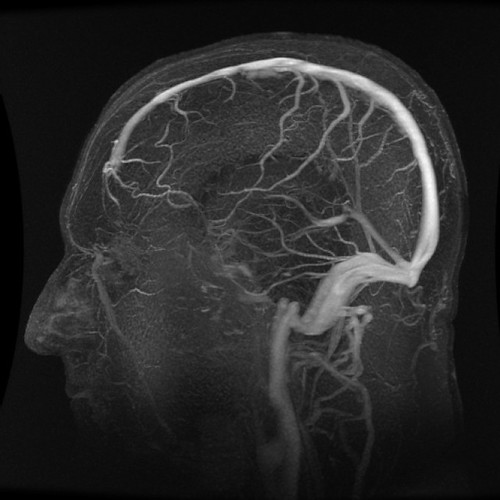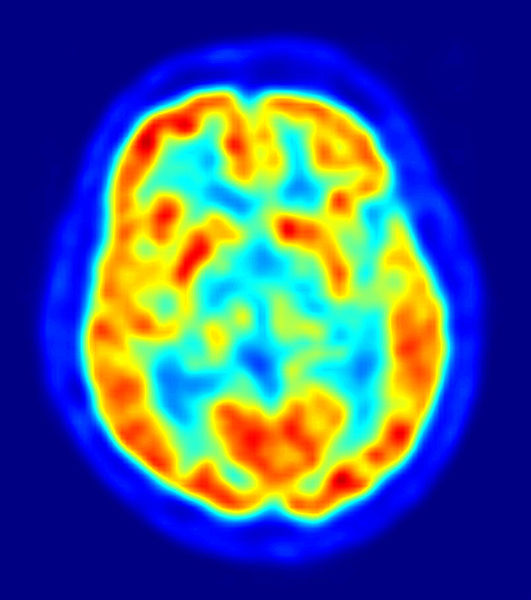New 3D brain scan technology has changed even recently-held theories about how the brain works.
On the positive side, many brain injuries, learning disabilities, paralysis from strokes, mental disorders and addictions can now be treated with targeted exercises that cause brain re-mapping. The subsequent brain scans evidence the improvement.
Also proven: Things like prayer and meditation are verifiably shown to improve not only health and well-being but to alter brain mapping not just down to the cellular level but to the level of DNA itself.
The area of study is termed neuroplasticity.
Even into very old age, the brain now shows us its ability to continually adapt to the environment, and improve depending on how it’s utilized. Certain thoughts alter us. The proof is empirical.
On the negative side certain things the brain engages in make future change very difficult because chemical changes from events can permanently alter the brain’s structure. Nevertheless, the idea that the brain works like a computer or that it “hardens” like wet cement at around age 6 have been debunked.
Of course most of us already knew at some level. In spiritual formation we study this historically as well. The anecdotal evidence has always been there.
Proverbs 23:7a “For as a man thinketh in his heart [mind+will], so he is.”
In his book, Dr Norman Doidge gives us many case studies that appear simply miraculous at first blush. It’s worth the read.
• An eye surgeon paralyzed by a catastrophic stroke is give a rehabilitative treatment that allowed him to be a successful surgeon again.
• People born with congenital blindness are able to re-map their brains and perceive vision through through–of all things–their tongues!
• Wounded soldiers with phantom limb pain find relief for the first time.
(and much more)
Re-mapping is not science fiction nor is it fluffy positive thinking. Re-mapping just requires effort and specific therapy.
So if you could re-map your brain what would you like to change?
Don’t give up.
Did you like this post? Please share it.
More soon. Don’t miss the next one: Take just 4 seconds and sign up for a direct delivery in the sidebar.





